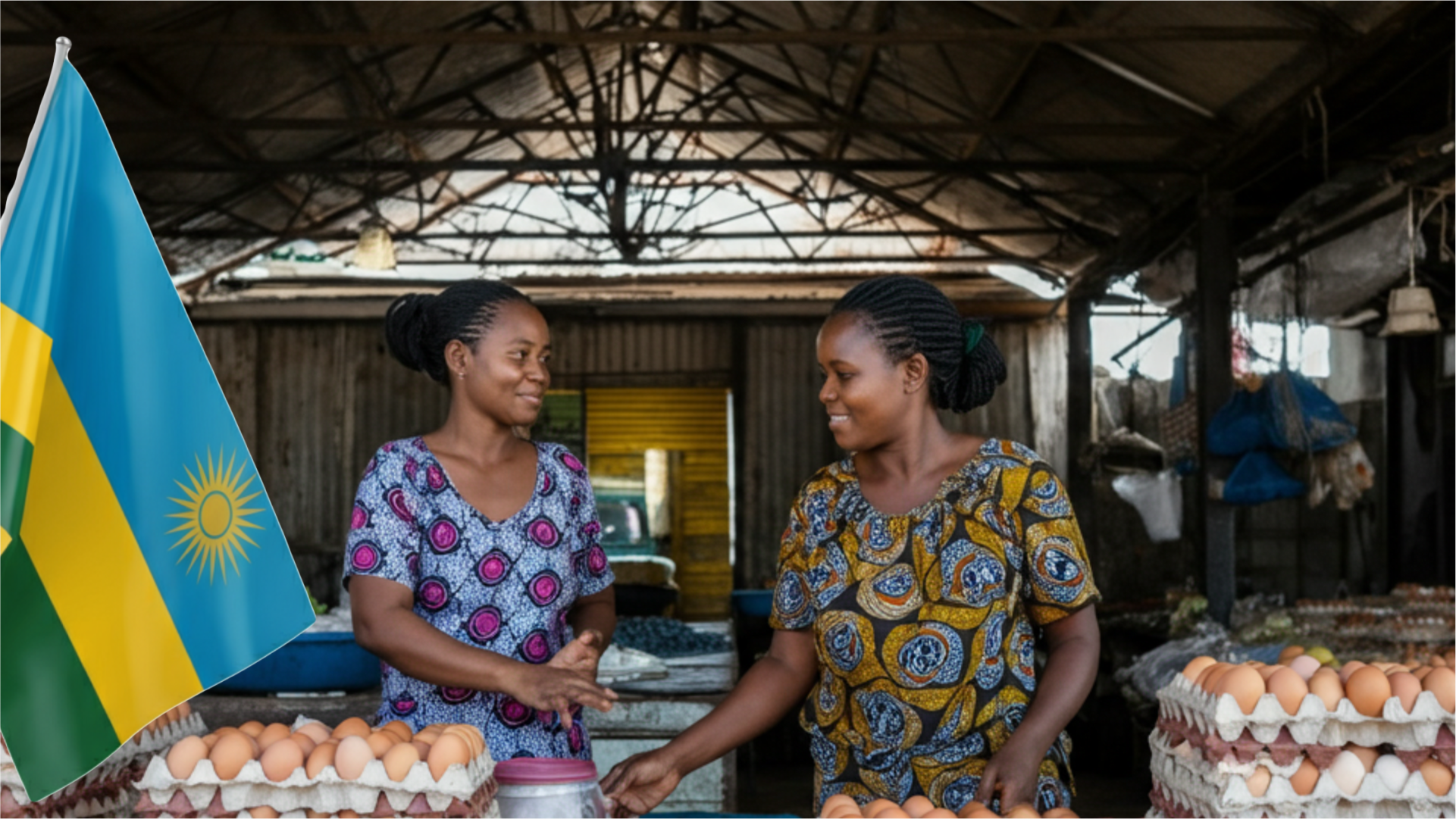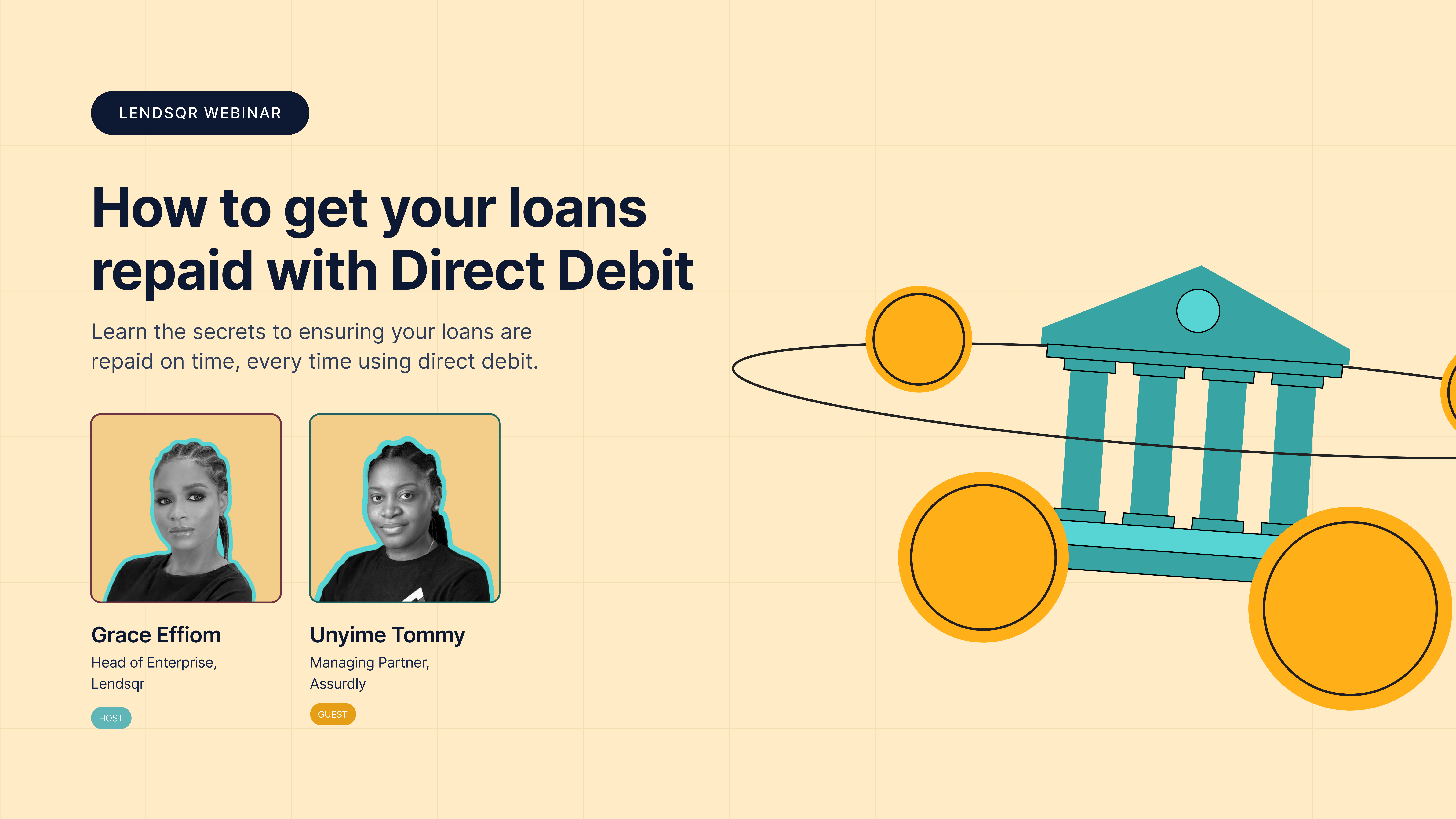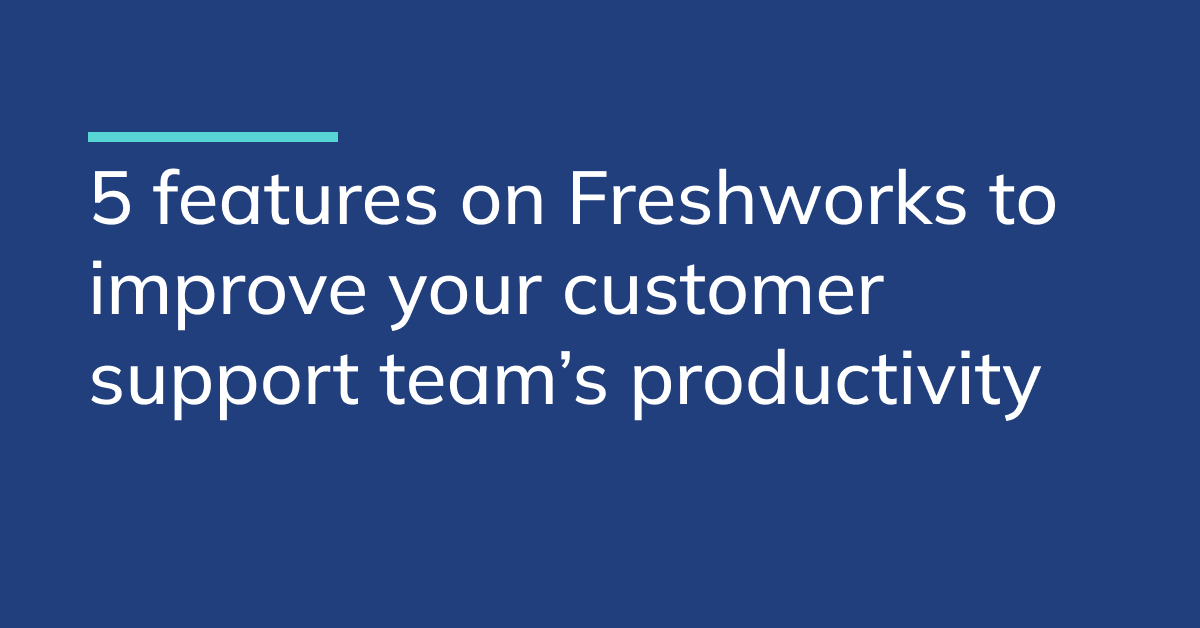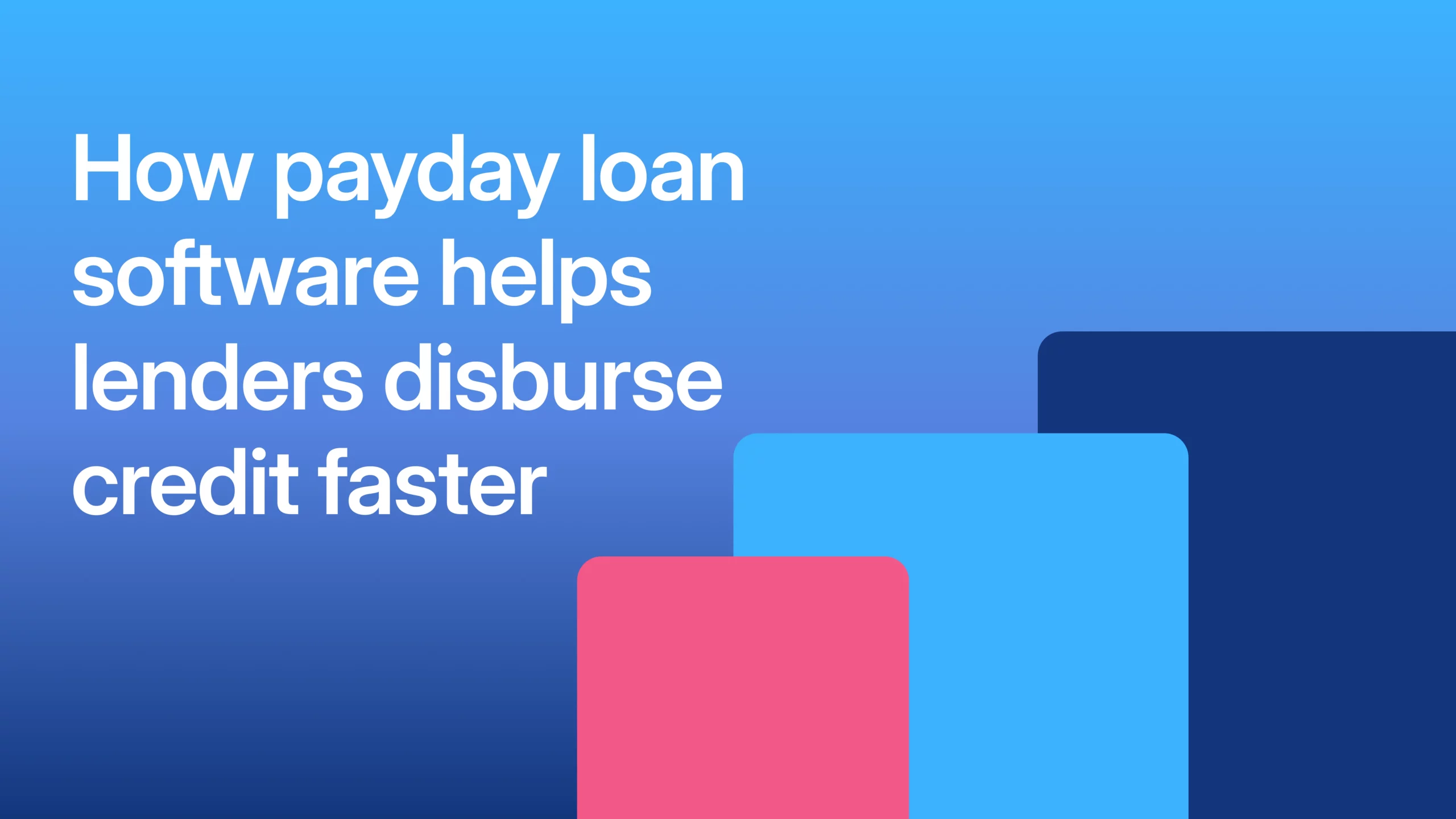How to get your loans repaid with Direct Debit
Grace Effiom, Head of Enterprise at Lendsqr, sat down with Unyime Tommy, the CEO and Managing Partner of Assurdly, to discuss the fundamentals of direct debit and its benefits for lenders.
5 Freshworks features to improve your customer support team’s productivity
Lendsqr recently partnered with Freshworks to give every lender on our platform $10k credit to use on their customer support channels
How payday loan software helps lenders disburse credit faster
Speed matters to payday lenders because faster payouts directly affect the business in ways that quickly add up



